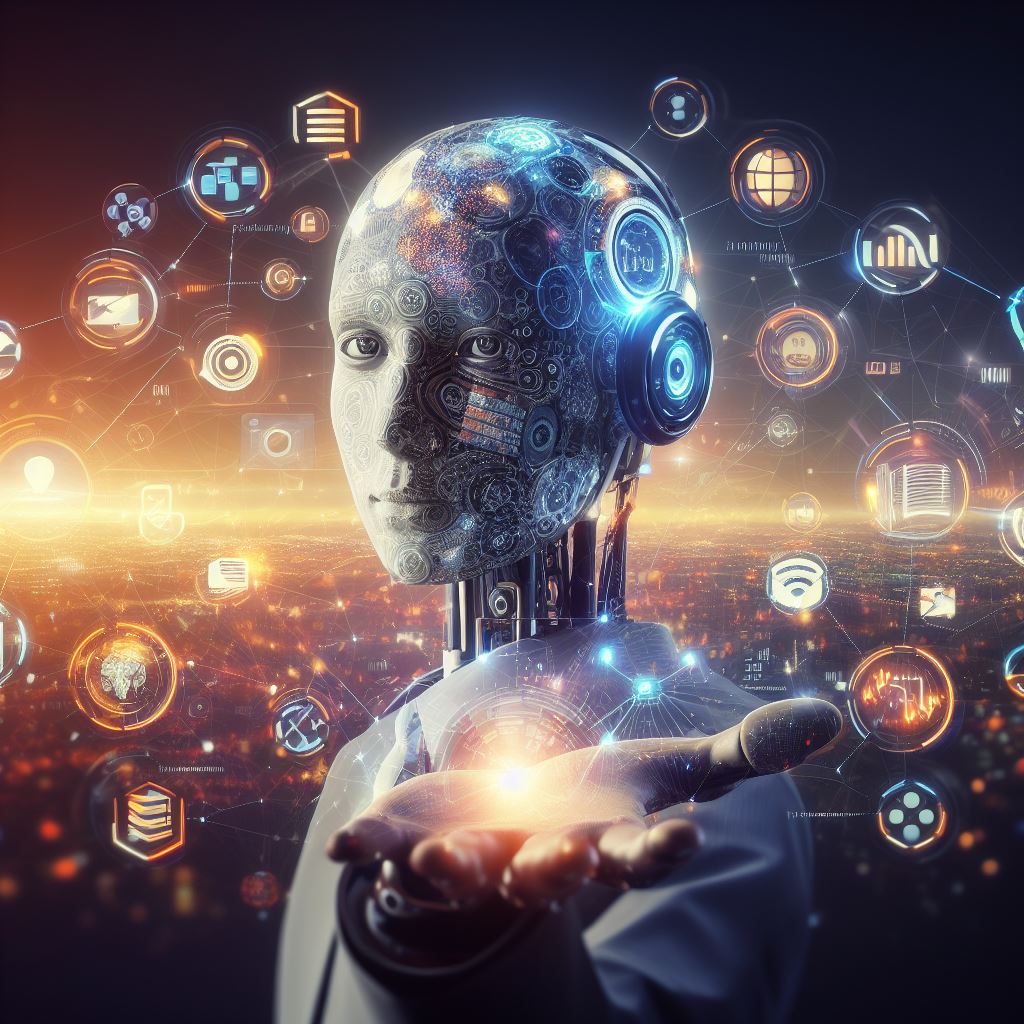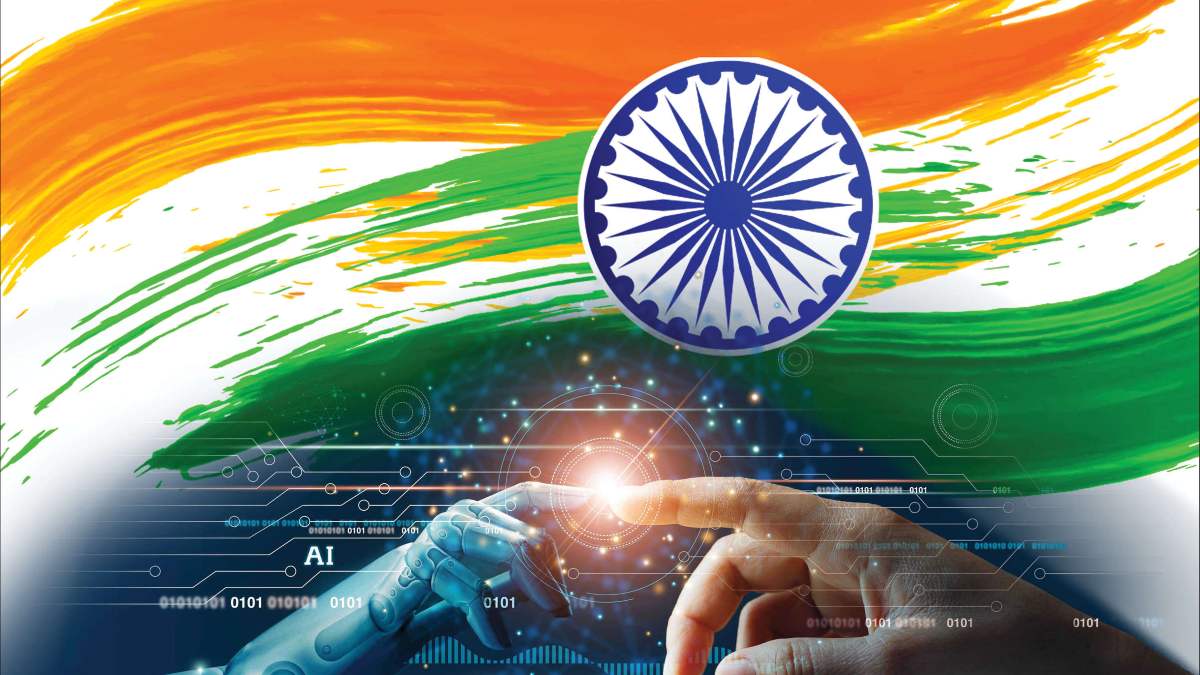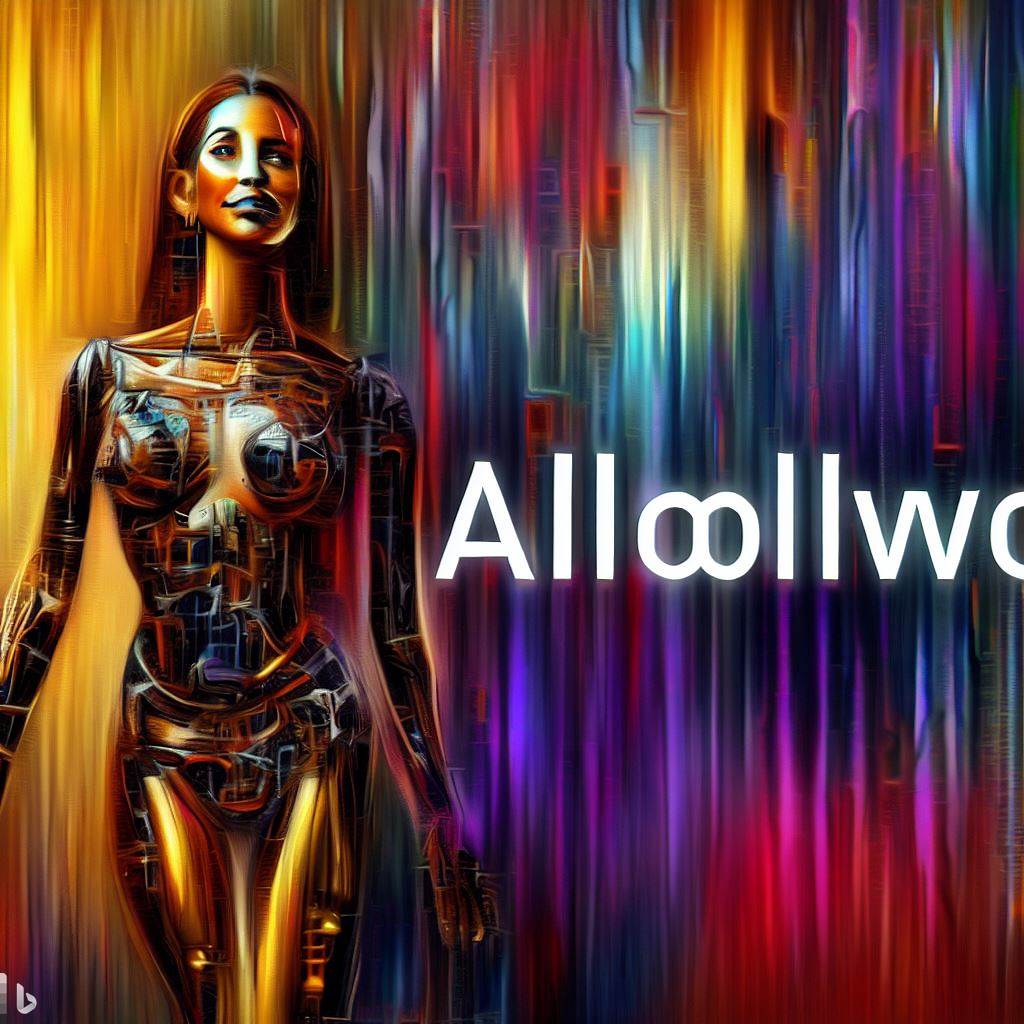The advent of AI girlfriends, once relegated to the realms of science fiction, has become a tangible reality in today's digital age.
Platforms like DreamGF have emerged, primarily catering to male users, offering the opportunity to craft their ideal virtual companions. From customizing attributes such as hair color, height, and personality quirks to even selecting body shape, face style, and ethnicity, these platforms have ushered in an era of bespoke digital relationships.
While many users, predominantly male, celebrate this innovation, others express concerns about its societal implications, particularly among younger generations of men, including those who identify as incels.
Liberty Vittert, in her article for The Hill, raises the question of how something as seemingly outlandish as a virtual AI girlfriend could potentially lead to a future crisis. However, the phenomenon of AI companions is not as far-fetched as it may initially appear.
In an era where digital natives have grown up with smartphones, Google, and the instant gratification of online interactions, the concept of virtual companionship fits naturally into their digitalized lives. For some, the digital realm has become the primary arena for socialization, rendering traditional experiences like nightclub visits or in-person dating almost obsolete.
Moreover, these virtual girlfriends are sometimes based on real-life women. For instance, an influencer named Caryn Marjorie created an AI version of herself, which quickly garnered over 1,000 virtual boyfriends in less than a week.
The appeal of virtual partners is evident, and as AI technology continues to advance, these virtual relationships are becoming increasingly realistic and appealing.
David Auerbach, a tech expert formerly associated with Microsoft and Google, highlights that AI companions have been around for some time, but human nature's capacity to project emotions onto digital representations is ever-expanding. As AI technology improves, these representations are becoming more convincing, blurring the lines between the virtual and the real.
One key aspect of the rise in AI girlfriends is the concurrent surge in loneliness, particularly among young men. Japan has even coined the term "hikikomori" to describe the extreme social isolation experienced by young men who withdraw from society.
This loneliness, exacerbated by the digital age, drives the demand for virtual companions. Research from Ohio State University even shows that some individuals process fictional characters from TV shows like "Game of Thrones" in a manner similar to real friends due to their intense loneliness.




